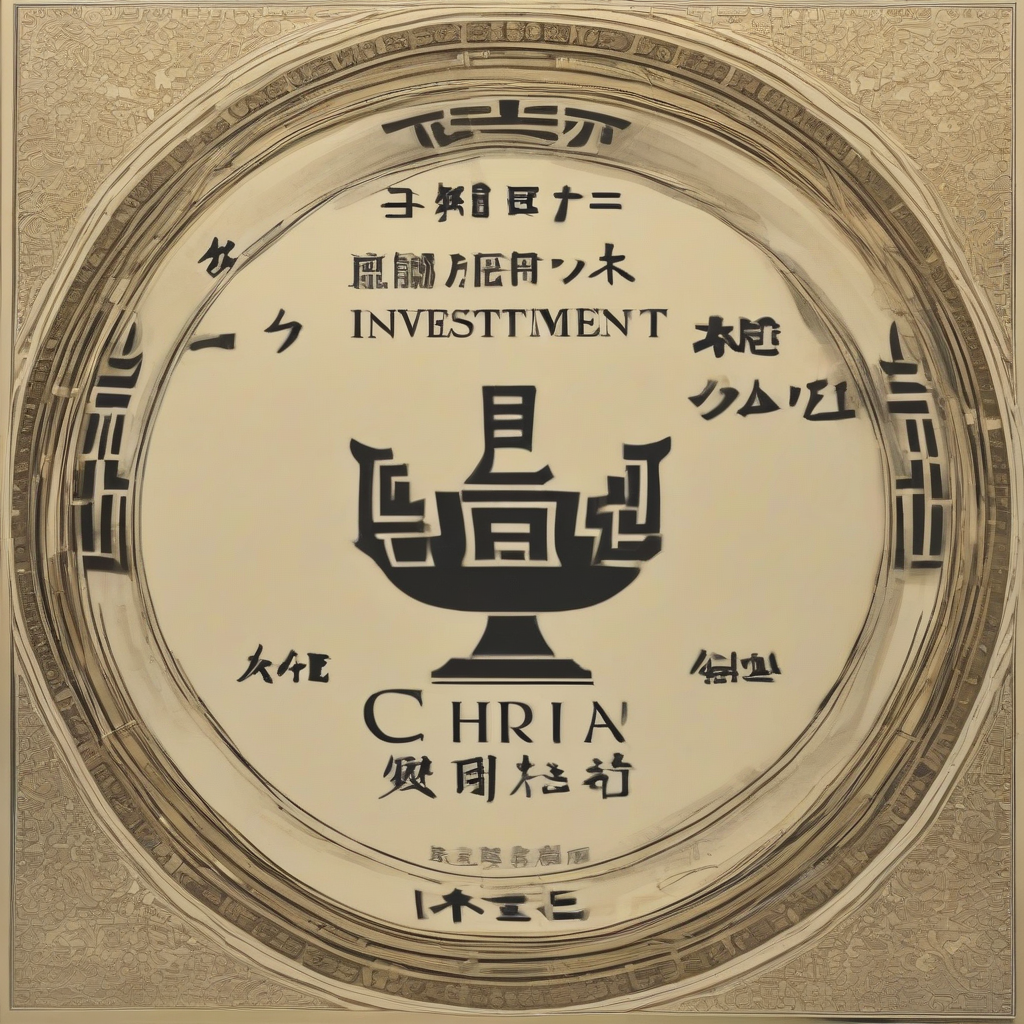Investing in Luxury Real Estate: A Guide to the High-End Market

Investing in Luxury Real Estate: A Guide to the High-End Market
Investing in luxury real estate can be a lucrative endeavor, offering potential for significant returns, prestige, and access to exclusive lifestyle experiences. However, navigating this high-end market requires a deep understanding of its intricacies and a strategic approach. This guide will delve into the key aspects of investing in luxury real estate, providing insights into its benefits, risks, and essential considerations.
Why Invest in Luxury Real Estate?
- High Appreciation Potential: Luxury properties often exhibit stronger appreciation rates compared to mainstream real estate, driven by limited supply, high demand, and exclusivity.
- Prestige and Status: Owning a luxury property can be a symbol of wealth, success, and refined taste, enhancing one's social standing and personal brand.
- Lifestyle Benefits: Luxury real estate often comes with amenities and services that enhance the lifestyle experience, including private pools, concierge services, and access to exclusive clubs and events.
- Rental Income Potential: Luxury properties can generate significant rental income, attracting discerning tenants willing to pay a premium for high-end accommodations.
- Diversification: Including luxury real estate in a diversified investment portfolio can help mitigate risks and enhance overall returns.
Understanding the Luxury Real Estate Market
The luxury real estate market is characterized by its unique dynamics, including:
- Limited Supply: The number of luxury properties available is typically lower than the demand, contributing to higher prices and exclusivity.
- High Demand: Wealthy individuals, investors, and high-net-worth families drive the demand for luxury properties, fueled by a desire for prestige, lifestyle, and investment opportunities.
- Global Market: The luxury real estate market is interconnected, with international investors and buyers playing a significant role.
- Price Volatility: Luxury property prices can be more volatile than mainstream real estate, influenced by economic conditions, global events, and changes in demand.
- Unique Market Dynamics: Factors such as location, amenities, design, and architectural features play a crucial role in determining the value of luxury properties.
Key Considerations for Luxury Real Estate Investment
Investing in luxury real estate requires meticulous planning and a comprehensive understanding of the market. Key considerations include:
1. Location
- Prime Locations: Luxury properties in desirable locations, such as coastal areas, metropolitan centers, and renowned resort towns, tend to appreciate at a faster pace and command higher prices.
- Neighborhood Prestige: The reputation and exclusivity of the neighborhood play a critical role in determining the value of a luxury property.
- Proximity to Amenities: Access to high-end shopping, dining, entertainment, and cultural experiences is highly valued in luxury real estate.
- Future Development: Consider the potential for future development projects and infrastructure improvements that could enhance the value of the property.
2. Property Type
- Single-Family Homes: Offer spacious living, privacy, and exclusivity, often featuring bespoke designs and premium finishes.
- Condominiums: Provide access to luxurious amenities and services, with varying levels of exclusivity and square footage.
- Penthouses: Offer breathtaking views, spacious interiors, and premium amenities, often located in iconic buildings.
- Villas and Estates: Provide unparalleled privacy, extensive grounds, and access to luxury amenities and services.
3. Amenities and Features
- Premium Finishes: High-quality materials, bespoke designs, and craftsmanship contribute to the value and prestige of luxury properties.
- Exclusive Amenities: Private pools, home theaters, wine cellars, gyms, and concierge services enhance the lifestyle experience and increase value.
- Smart Home Technology: Integration of smart home features adds convenience, security, and potential for future appreciation.
- Sustainability and Energy Efficiency: Eco-friendly features and sustainable building practices are becoming increasingly important in the luxury real estate market.
4. Financial Considerations
- Investment Capital: Luxury real estate investments require substantial financial resources due to high purchase prices and ongoing expenses.
- Financing Options: Explore specialized mortgage options and private lending arrangements available for high-value properties.
- Tax Implications: Understand the tax implications of owning and selling luxury real estate, including property taxes, capital gains taxes, and potential estate taxes.
- Maintenance Costs: Luxury properties require higher maintenance costs due to their complex infrastructure and premium amenities.
- Insurance: Secure appropriate insurance coverage to protect against risks, including natural disasters, theft, and liability.
5. Legal and Regulatory Considerations
- Real Estate Laws: Familiarize yourself with local and international real estate laws, including regulations on ownership, inheritance, and foreign investment.
- Property Due Diligence: Conduct thorough property due diligence to ensure clear title, absence of encumbrances, and compliance with all regulations.
- Professional Expertise: Engage experienced real estate professionals, including agents, attorneys, and financial advisors, who specialize in the luxury market.
Strategies for Investing in Luxury Real Estate
There are various strategies for investing in luxury real estate, each with its own risks and rewards. Some common approaches include:
1. Buy and Hold
- Long-Term Investment: Purchase a luxury property with the intention of holding it for an extended period, benefiting from appreciation and potential rental income.
- Capital Gains: Realize capital gains when selling the property in the future, potentially generating significant returns.
- Passive Income: Generate passive income from rental revenue, offsetting holding costs and generating a steady stream of cash flow.
2. Flipping
- Short-Term Investment: Purchase a luxury property with the intention of renovating or re-developing it and selling it for a profit within a shorter timeframe.
- Market Timing: Requires accurate market analysis and timing to identify undervalued properties with potential for quick appreciation.
- Renovation Costs: Involves substantial renovation costs and potential delays, requiring expertise in construction and design.
3. Fractional Ownership
- Shared Ownership: Purchase a fractional ownership interest in a luxury property, sharing ownership and expenses with other investors.
- Access to Exclusivity: Provides access to luxury amenities and experiences at a lower entry cost than full ownership.
- Limited Control: Involves shared decision-making and potential conflicts with other owners regarding usage and maintenance.
4. Real Estate Investment Trusts (REITs)
- Diversification: Invest in a portfolio of luxury real estate assets through publicly traded REITs, providing diversification and potential for growth.
- Liquidity: REITs offer greater liquidity compared to direct ownership, allowing investors to easily buy and sell shares on the stock market.
- Professional Management: REITs are managed by experienced professionals who oversee property management, leasing, and financial operations.
Risks and Challenges of Investing in Luxury Real Estate
While luxury real estate offers significant potential, it also comes with certain risks and challenges:
- High Entry Costs: The high purchase prices and ongoing expenses associated with luxury real estate require substantial financial resources.
- Market Volatility: Luxury property prices can be more volatile than mainstream real estate, influenced by economic conditions, global events, and changes in demand.
- Limited Liquidity: Selling luxury properties can take longer than selling mainstream properties, making them less liquid in certain market conditions.
- Tax Implications: Owning and selling luxury real estate can involve significant tax implications, including property taxes, capital gains taxes, and potential estate taxes.
- Maintenance Costs: Luxury properties require higher maintenance costs due to their complex infrastructure and premium amenities.
- Finding Qualified Buyers: Selling luxury properties requires finding qualified buyers with the financial capacity to afford the high purchase price.
- Competition: The luxury real estate market is highly competitive, with numerous investors vying for the best properties.
- Economic Downturns: Economic downturns can negatively impact the luxury real estate market, leading to price declines and reduced demand.
Conclusion
Investing in luxury real estate can be a rewarding endeavor, offering potential for significant returns, prestige, and exclusive lifestyle experiences. However, it is essential to approach this market with a strategic mindset, thorough research, and a comprehensive understanding of its intricacies.
By carefully considering the factors discussed in this guide, including location, property type, amenities, financial implications, and legal considerations, investors can make informed decisions and increase their chances of success in the luxury real estate market.
Remember, investing in luxury real estate is a long-term commitment that requires careful planning, due diligence, and professional expertise. With a sound strategy and a clear understanding of the market, investors can navigate this high-end sector and unlock the potential for lucrative returns and exclusive lifestyle benefits.
What's Your Reaction?















